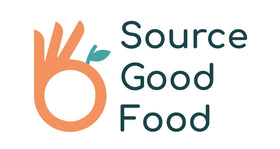United Arab Emirates (UAE)
Food safety is a critical component of food security, particularly in the UAE, which imports a significant portion of its food.
H. H. Sheikh Khalifa bin Zayed Al Nahyan, President of the United Arab Emirates, passed Federal Law No. 10 of 2015 on Food Safety in January 2016. The legislation establishes standards and regulations to ensure food safety and quality, as well as public health and consumer protection. Those who are found to be jeopardising food safety in the UAE face harsh penalties under the law. The following are some of the provisions of the food law:
- No food may be brought for the first time into the nation without the Ministry of Climate Change and Environment's consent. /li> /li> /li> /li
- Without authorization, those trading in food or goods containing pig, alcohol, or any of their by-products face a jail sentence of at least one month and a fine of up to AED 500,000.
- A punishment of AED 10,000 to 100,000 would be imposed for misleading customers by providing a deceptive description of food or using inaccurate labelling.
The legislation empowers the Ministry of Economy to impose fines of up to AED 100,000 for additional offences, as long as the Cabinet regulates them. The Ministry of Climate Change and Environment, through its National Food Safety Committee, works with its partners to execute the legislation on food safety and its executive rules, which contain tight controls and requirements to maintain food safety throughout the food chain.
National Food Accreditation and Registration System
Food, whether imported or locally produced, or modified on its food label, ingredients, or composition, must be registered in the electronic system (ZAD), which is an integrated smart platform for food products data, before being handled in the UAE's markets, according to Ministerial Decree No. 239 of 2018 on National Food Accreditation and Registration System
For More Information Click Here
